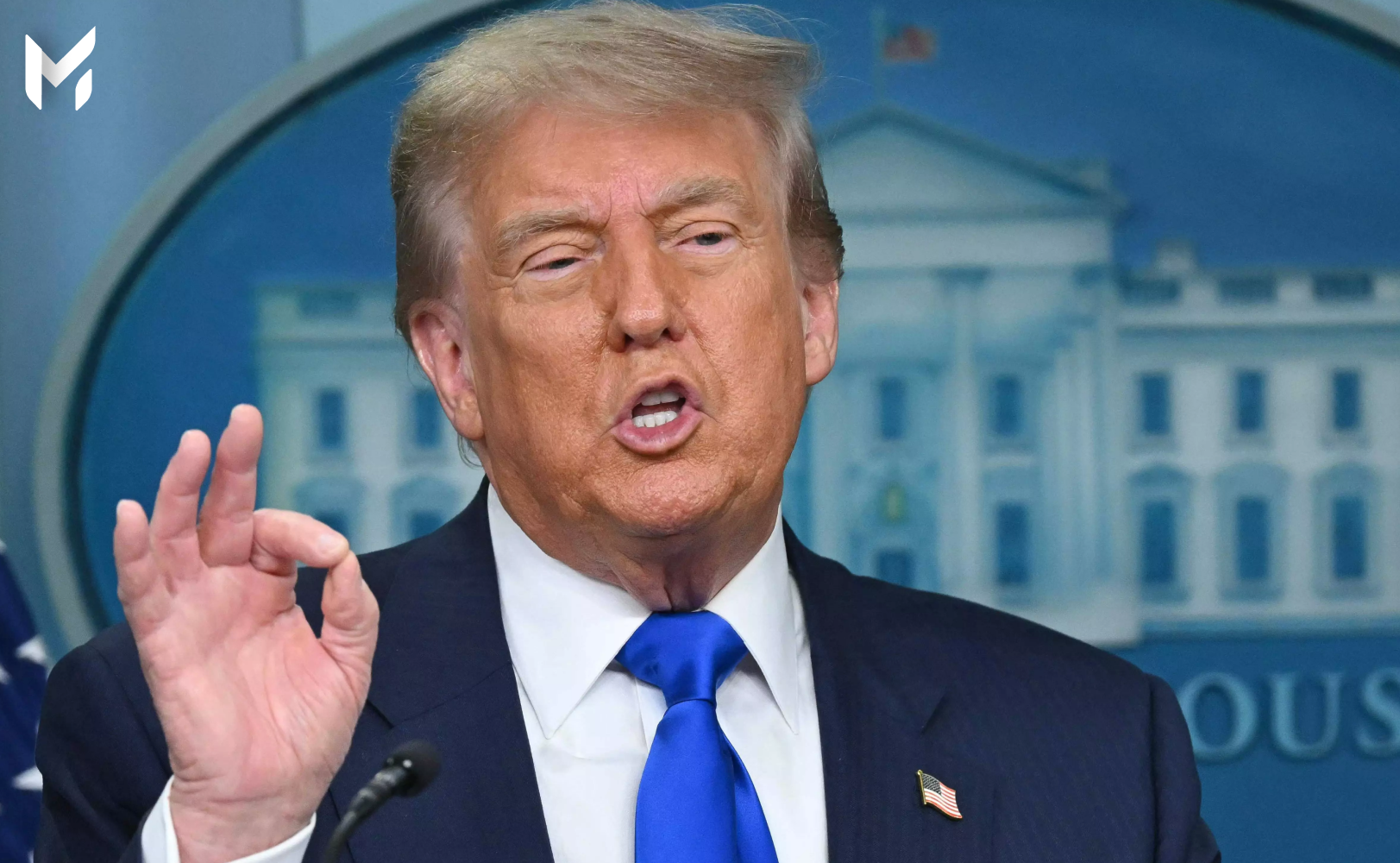
At a national AI summit in Washington, former President Donald Trump urged major U.S. tech companies—such as Google, Microsoft, and Apple—to halt the hiring of foreign workers, particularly from India. He called on the industry to prioritize American talent, citing national interest and technological leadership in the field of artificial intelligence as critical concerns.
Trump accused companies of benefiting from American freedom while outsourcing operations to countries like China and India. “Under President Trump, those days are over,” he stated. While no legal changes were announced, his comments signal a policy shift that could impact hiring patterns in the tech industry, especially regarding Indian engineers and developers.
New Executive Orders on AI
During his speech, Trump introduced three new executive orders designed to accelerate domestic AI development:
Impact on Indian Tech Workers
India has long played a critical role in U.S. tech operations, with thousands of engineers working remotely from Indian cities or relocating to the U.S. through the H-1B visa program. In 2024 alone, Indian nationals made up nearly 74% of new H-1B visa approvals.
While Trump’s remarks did not mention changes to visa policy, the messaging is seen as a potential deterrent to companies relying on Indian talent. Analysts suggest that although the appeal to domestic voters is clear, restricting global talent could hurt American innovation in the long term.
Studies show that over half of the top AI researchers in the U.S. are foreign-born, with a significant portion from India and China. The tech industry has not yet issued a formal response, but the sentiment may already be influencing hiring decisions—particularly for companies pursuing federal contracts or funding.
India’s IT service providers, such as Infosys and Wipro, may face challenges if U.S. firms respond to political pressure by relocating work back to the United States.
Powered by Markelitics.com